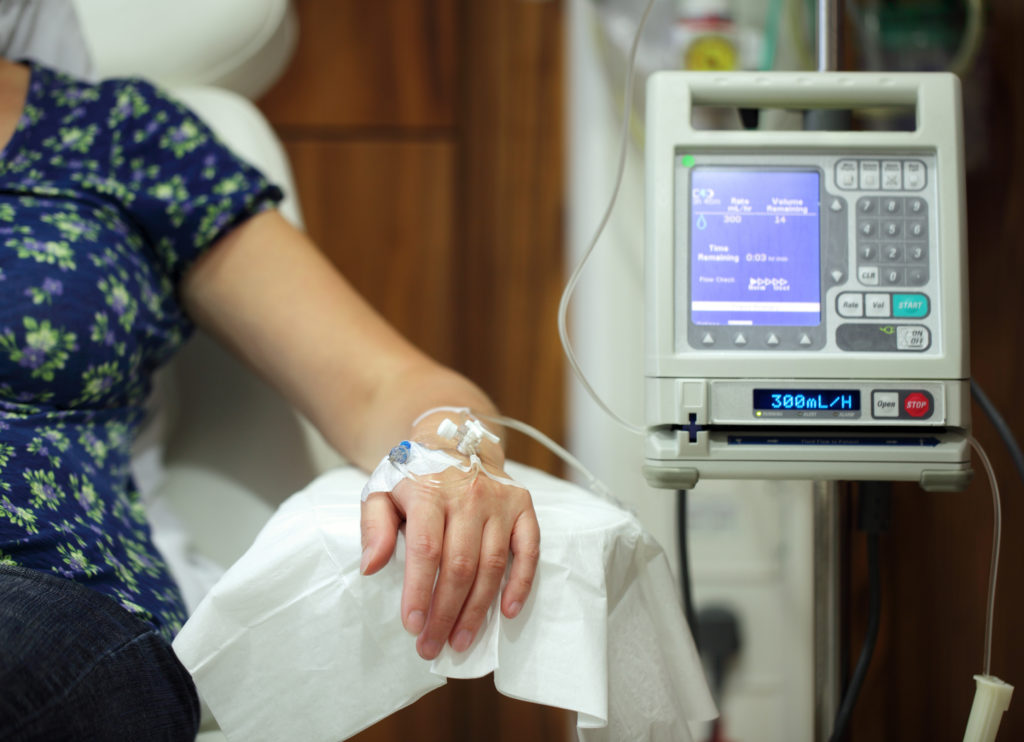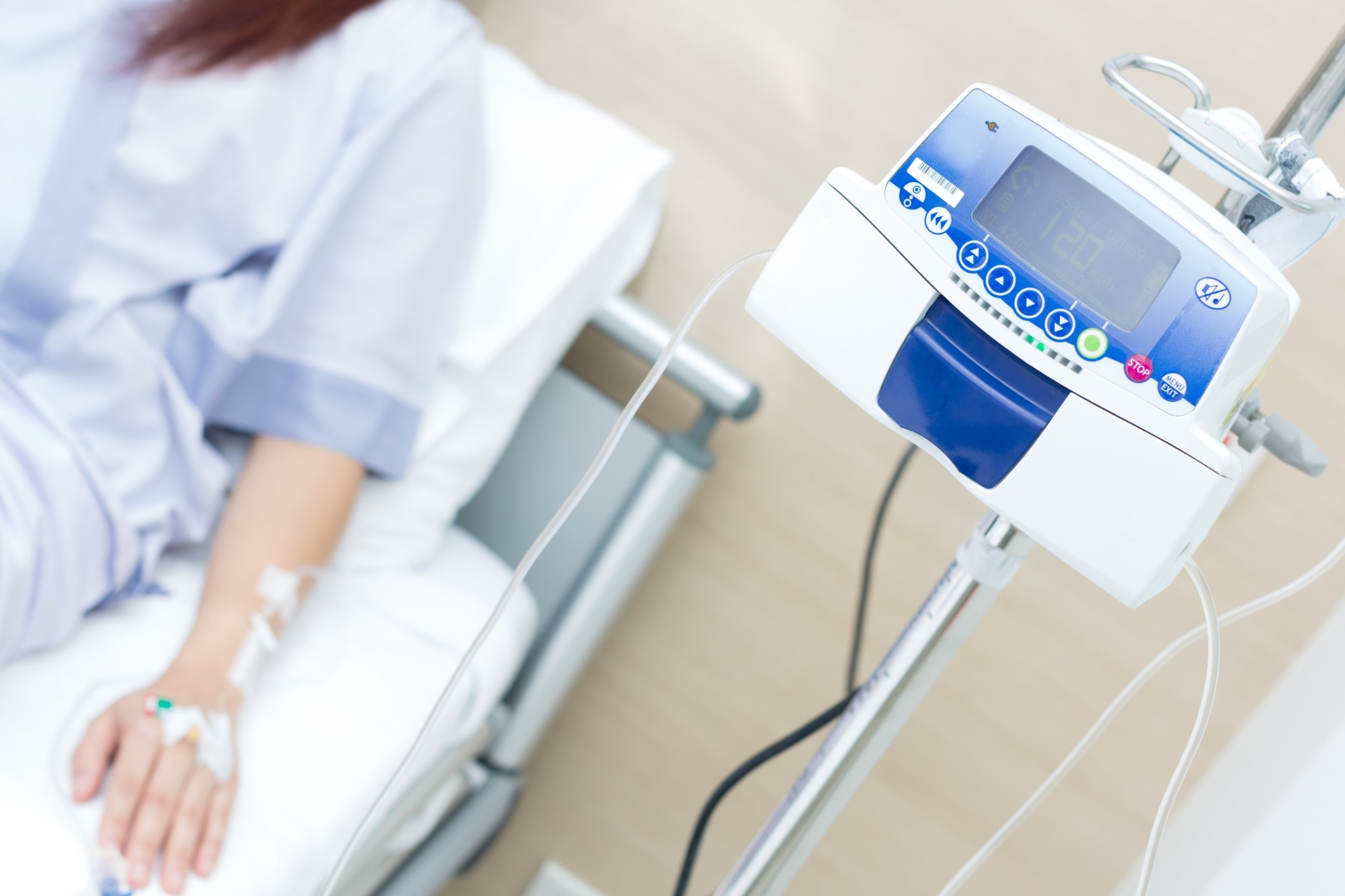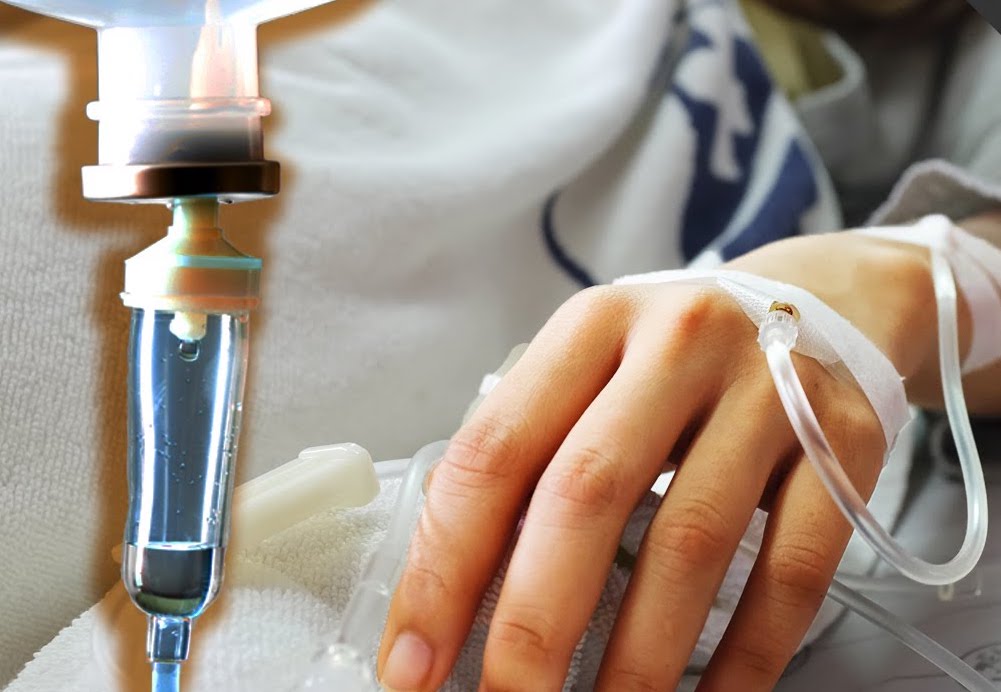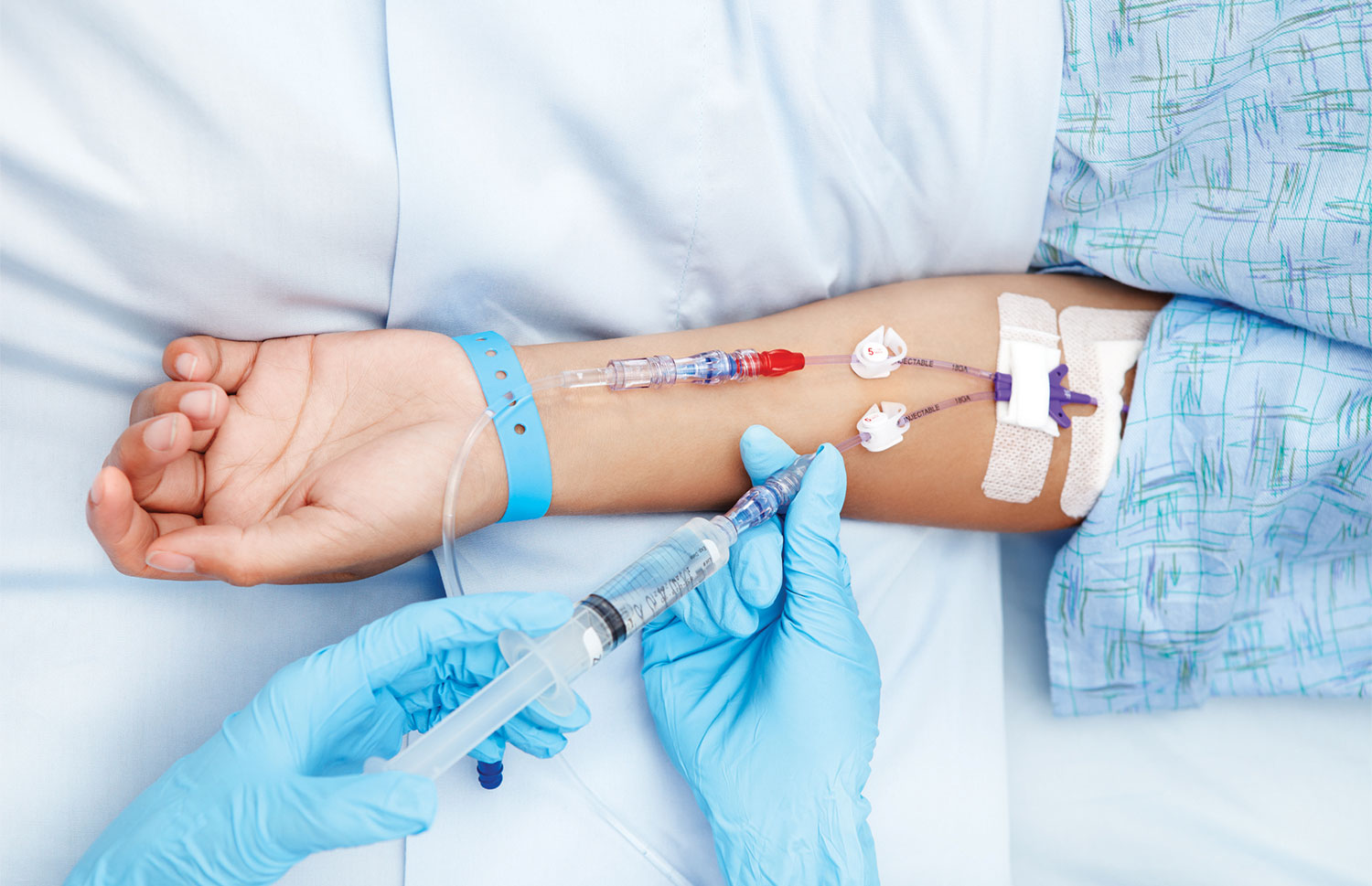- Home
- Our Services
CANCERS WE TREAT
TREATMENT OPTIONS
- About Us
About North Houston
Cancer ClinicsNorth Houston Cancer Clinics is a leading cancer center specializing in treating various types of cancers and blood disorders.Meet our specialized cancer care team
Choosing excellence, transforming cancer care together
Quality Oncology Practice Initiative (QOPI) Certification Program
Discover Our Healing Spaces: Virtual Office TourFirst day visit at North Houston Cancer Clinics
Real Stories, Inspiring Journeys, Patient Testimonies
- New patient
Becoming a patient at North Houston Clinics
Embark on your journey to health with us. Seamless, compassionate care awaits as you become a patient at North Houston Clinics.
Effortless Registration, Portal to Wellness JourneyYour Health, Your Time, Your AppointmentFrequently Asked Questions For New Patients - Blogs
- Contact Us
- Home
- Our Services
CANCERS WE TREAT
TREATMENT OPTIONS
- About Us
About North Houston
Cancer ClinicsNorth Houston Cancer Clinics is a leading cancer center specializing in treating various types of cancers and blood disorders.Meet our specialized cancer care team
Choosing excellence, transforming cancer care together
Quality Oncology Practice Initiative (QOPI) Certification Program
Discover Our Healing Spaces: Virtual Office TourFirst day visit at North Houston Cancer Clinics
Real Stories, Inspiring Journeys, Patient Testimonies
- New patient
Becoming a patient at North Houston Clinics
Embark on your journey to health with us. Seamless, compassionate care awaits as you become a patient at North Houston Clinics.
Effortless Registration, Portal to Wellness JourneyYour Health, Your Time, Your AppointmentFrequently Asked Questions For New Patients - Blogs
- Contact Us
Cancer Chemotherapy
Chemotherapy is considered the most common and efficient method used for cancer treatment. It uses powerful drugs and chemicals to kill the cancer and tumor cells from your body.
Chemotherapy As the Best Option For Cancer Treatment
Chemotherapy At North Houston Cancer Clinics
At North Houston Cancer Clinics, we understand how important chemotherapy is when fighting this disease thus offering personalized treatment plans made according to each patient’s needs. Please contact North Houston Cancer Clinics to learn more about your options in Chemotherapy as you take a step closer to your journey of treating cancer.
Comprehensive Approach: Our clinic takes a comprehensive approach towards chemotherapy that considers factors like the type of cancer, stage of development, and patient health status when developing an optimal treatment plan.
Targeted Therapies: We use different drugs for chemotherapy including targeted therapies that specifically destroy cancerous cells without causing harm to healthy tissue.
Multimodal Treatment: Multimodal treatment means giving a combination of surgery radiation therapy or sometimes immunotherapy can bring about maximum therapeutic benefits.
Patient Satisfaction: Throughout the process of chemotherapy our team dedicatedly provides compassionate care while giving patients support and counseling on how to deal with side effects and maintain the health of patients.


Working Principle of Chemotherapy:
- Cellular Interference
- Systemic Delivery
- Selective Toxicity
- Combination Therapy
- Individualized Approach
Types of Chemotherapy
Adjuvant Therapy: Adjuvant therapy means providing post-cancer treatments to settle down the after-effects of chemotherapy which will reduce the chance of reoccurrence of cancer.
Neoadjuvant Therapy: Administered before surgery most times to shrink the area of spread of tumors before surgery or radiotherapy.
Multiple Drug Therapy: This involves the simultaneous use of multiple drugs that act upon different mechanisms within the cells as opposed to one drug alone.
Targeted Therapy: This often involves using drugs that work only on specific types of cancer cells with minimal damage done to healthy ones mostly based on the genetic make-up of cancer cells themselves.
Immunotherapy: It calls for immune system activation as it makes it aware of the presence of tumor cells.
Chemotherapy Treatment Choices:
At North Houston Cancer Clinics, we offer comprehensive chemotherapy and cancer treatment options that are tailored specifically for you. Here is why we should be your number-one choice:
- Experienced oncologists dedicated to personalized care
- Facilities equipped for advanced treatments
- Compassionate support from the beginning to the end of your journey. Contact North Houston Cancer Clinics today to begin your journey toward healing and hope.

Side Effects of Chemotherapy
Chemotherapy is a very important tool for treating cancer but it also causes serious side effects.
Nausea and Vomiting: Nausea and vomiting are the most common side effects that appear after chemotherapy or during the process and your healthcare provider may prescribe some antiemetic medicines for you.
Fatigue: Fatigue and tiredness are some of the results caused by chemotherapy making an individual feel extremely tired.
Hair Loss: Most of the cancer drugs cause hair loss.
Appetite Changes: How your taste buds and hunger are impacted by chemotherapy. You may also try out various foods, and flavors to see what works for you.
Things to Stay Away From During Chemotherapy
Alcohol: Alcohol intake should be limited during chemotherapy as it may interfere with the working of chemotherapeutic drugs and it may enhance the side effects like nausea and dehydration.
Smoking: Smoking in addition reduces treatment efficacy by further weakening immunity.
Unprotected Exposure From Sunlight: Additionally, patients undergoing chemotherapy have more light-sensitivity levels hence sunburns and skin damage might result from it.
Strenuous Activities: tough exercises that may result in injury should be avoided although gentle workouts are beneficial.

